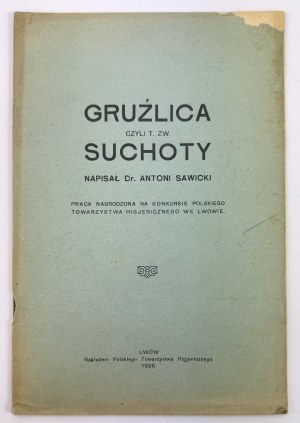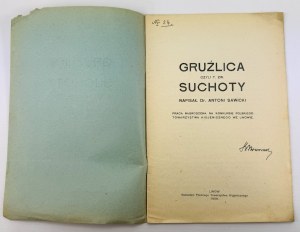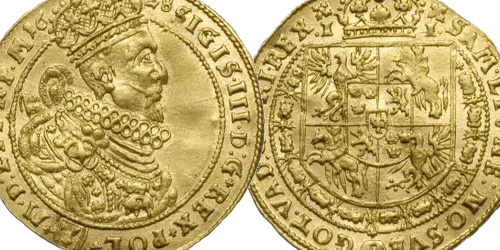| Antoni Slonimski The Rape of Melpomene 1-2t. Warsaw 1959 Czytelnik 582 + 536s. o. cloth + wrappers binding and wrappers designed by Jerzy Jaworowski p. bdb- On the title page of volume 1 a stamp: "These pieces of Antoni Slonimski's book come from a collection of 200 pieces of two volumes of "The Rape of Melpomene", confiscated by the Security Service of the People's Republic of Poland in 1959 and found in the warehouses of the Ministry of Internal Affairs in 1991. These two volumes never went on sale, and the third volume never appeared in print." - after the photographs of the book, a press note describing the event - not an auction item. "Slonimski Antoni [15.11.1895 Warsaw - 04.07.1976 Warsaw] - poet, satirist, columnist, comedy writer, prose writer, theater critic. He came from an assimilated Jewish family with scientific and literary and free-thinking traditions. He was the great-grandson of inventor and scientist Abraham Stern, grandson of mathematician, inventor and publicist Chaim Zelig Slonimski, son of physician Stanislaw Slonimski. His older brother, Piotr [1893-1944], was a physician. Antoni Slonimski graduated from the School of Fine Arts in Warsaw, and made his debut as an artist and magazine illustrator. In 1913-1919 he was a cartoonist and theater reviewer for the weekly "Sowizdrzal". He was among the organizers of the poetry cafe Pod Picadorem [1918]. He printed in the magazine "Pro Arte" and later in the monthly magazine "Skamander" [1920-1928 and 1935-1939] as a member of the group of the same name. He published volumes of poetry: Sonnets [1918], Harmony [1919], the poem Black Spring [1919, confiscated], Parade [1920], Hour of Poetry [1923], novels, including those close to science fiction [especially the works of Herbert George Wells]: Torpedo of Time [1924], Two Ends of the World [1937] - with a catastrophic vision of the annihilation of civilization. He also cultivated satirical works. He was the co-author of Scamander political cribs and wrote lyrics and revues for cabarets and revue theaters, including Qui Pro Quo. He traveled, recording his impressions in poetry [Droga na Wschód, 1924; Z dalekiej podróży, 1926] and reportage [Pod zwrotnikami, 1925]. Slonimski worked closely with "Literary News", where in 1924-1939 he printed, among other things, theater reviews [retrospective collection entitled Rape of Melpomene, vol. 1-2, 1959, confiscated by the censors, reissued in selection 1982]. He became famous as the author of a regular series of weekly Chronicle columns [from 1927], full of polemical verve and brilliant wit. He published most of them in the volumes My Struggles Over Bullshit [1932], Heretic in the Pulpit [1934] and In a Barrel Across Niagara [1936]. At the time he became known as a rationalist, an advocate of democracy and pacifism, an uncompromising opponent of all forms of oppression and intolerance [especially fascism and anti-Semitism], and a defender of freedom of art and speech. He sympathized with the Polish Socialist Party. In the reportage My Journey to Russia [1932], he combined curiosity about the USSR with cool skepticism, but soon strongly condemned the Stalinist dictatorship. He also expressed his social and political views in poetry and satirical works, as well as in the successful stage comedies The Warsaw Negro [performed 1928], The Homeless Doctor [performed 1930], The Family [performed 1933], and in the poem drama The Tower of Babel [performed 1927]. He collaborated with the satirical weekly Cyrulik Warszawski [1926-1934]. In 1935 came out the volume Okno bez krat, which most fully expresses the poet's artistic and ideological stance. Slonimski was a lyricist referring to Romantic and Parnassian poetics, attached to classical forms of verse. In views on literature and art, he was a traditionalist, reluctant to experimental trends. He engaged in numerous polemics with poets of the avant-garde. He was the subject of frequent political attacks, gaining strength with the rise of fascist tendencies in Polish political life. He spent the period of World War II in exile, first in Paris [here he wrote his famous poem-appeal Alarm in 1939], then in London. He collected some of his poems from these years in the volumes Alarm [London 1940] and The Age of Disaster [1945]. In them, he continued the poetic patterns he had already developed, but reached for new motifs: armed struggle and retaliation, also giving expression to nostalgic moods [memoir poem Ashes and Wind, London 1942] and longing for a world of peace and friendship. He printed in the London-based Wiadomosci Polskie. He broke off this cooperation as a supporter of Władysław Sikorski's policy toward the USSR. He published in London [jointly with Karol Estreicher] the monthly magazine "Nowa Polska" [1942-1946], a moderate leftist publication, approving of the tactical Polish-Soviet alliance. In 1942 he ran a regular column, The London Chronicle, in the Polish Worker in Great Britain. After the establishment of the United Nations, he took one of the leadership positions at UNESCO, which he participated in establishing. Already at that time he had established cooperation with the national authorities, which brought him into conflict with the émigré community. From 1949 he was director of the Institute of Polish Culture in London, reporting to the authorities in Warsaw. He returned to the country in 1951. After a period of cooperation with the communist authorities, he moved to the opposition. In 1956, in a wave of renewal of public life, he was elected president of the Union of Polish Writers [he was president until 1959]. In time, he became a prominent figure in the democratic opposition. The initiator and author of Letter 34 [1964], he also participated in other protest actions. He was periodically banned from printing. He published volumes of poetry: New Poems [1959], Poems 1958-1963 [1963], in addition to Memories of Warsaw [1957], Alphabet of Memories [1975, expanded edition 1989]. He continued to write columns in "Szpilek" [Dealing with Refusals, 1960-1964, book ed. vol. 1-2, 1962-1964] and in "Tygodnik Powszechny" [1971-1976, published in the collection Presence, 1973; Curiosity, 1981]. In 1963-1965 he wrote the poem Judgment on Don Quixote, criticizing the arrogance and baseness of power, scionally circulated in copies, published in a volume of 138 poems [1973]. Slonimski was also a translator. His most famous translation was the poem Left March! Vladimir Mayakovsky [1922]. He died as a result of a car accident. Roman Loth" source. |



![Antoni Slonimski The Rape of Melpomene [confiscated edition, 1st edition].](https://img1.one.bid/img/3825/1080812_1q.jpg?1670004665)
![Antoni Slonimski The Rape of Melpomene [confiscated edition, 1st edition].](https://img1.one.bid/img/3825/1080812_2w.jpg?1670004665)
![Antoni Slonimski The Rape of Melpomene [confiscated edition, 1st edition].](https://img1.one.bid/img/3825/1080812_3w.jpg?1670004665)
![Antoni Slonimski The Rape of Melpomene [confiscated edition, 1st edition].](https://img1.one.bid/img/3825/1080812_4w.jpg?1670004665)
![Antoni Slonimski The Rape of Melpomene [confiscated edition, 1st edition].](https://img1.one.bid/img/3825/1080812_5w.jpg?1670004665)
![Antoni Slonimski The Rape of Melpomene [confiscated edition, 1st edition].](https://img1.one.bid/img/3825/1080812_6w.jpg?1670004665)
![Antoni Slonimski The Rape of Melpomene [confiscated edition, 1st edition].](https://img1.one.bid/img/3825/1080812_7w.jpg?1670004665)
![Antoni Slonimski The Rape of Melpomene [confiscated edition, 1st edition].](https://img1.one.bid/img/3825/1080812_8w.jpg?1670004665)
![Antoni Slonimski The Rape of Melpomene [confiscated edition, 1st edition].](https://img1.one.bid/img/3825/1080812_9w.jpg?1670004665)
![Antoni Slonimski The Rape of Melpomene [confiscated edition, 1st edition].](https://img1.one.bid/img/3825/1080812_10w.jpg?1670004665)



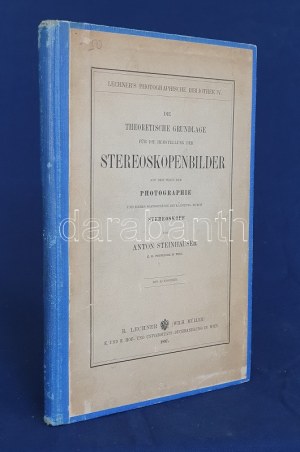
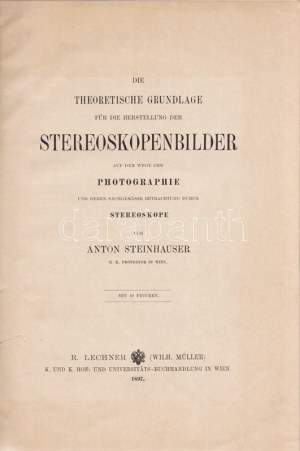
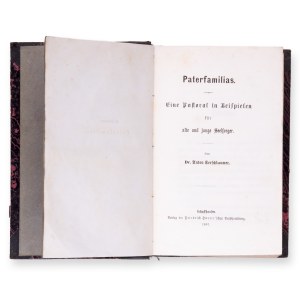
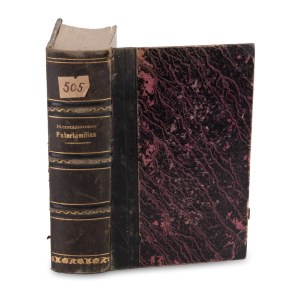
![[Antoine] Bachelin-Deflorenne...](https://img1.one.bid/img/6570/1845569_1x.jpg?1712700000)
![[Antoine] Bachelin-Deflorenne...](https://img1.one.bid/img/6570/1845569_2x.jpg?1712700000)
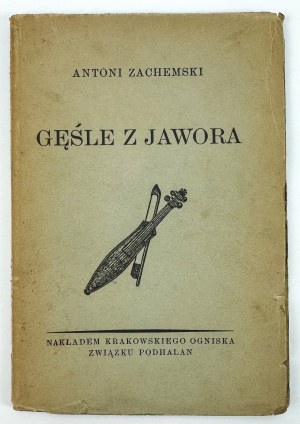
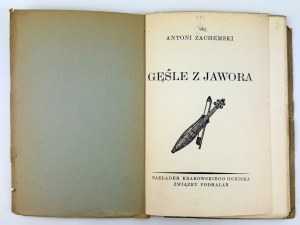
![OSSENDOWSKI Ferdinand Antoni - Szanchaj - Poznań 1937 [complete].](https://img1.one.bid/img/6265/1861226_1x.jpg?1713132000)
![OSSENDOWSKI Ferdinand Antoni - Szanchaj - Poznań 1937 [complete].](https://img1.one.bid/img/6265/1861226_2x.jpg?1713132000)
